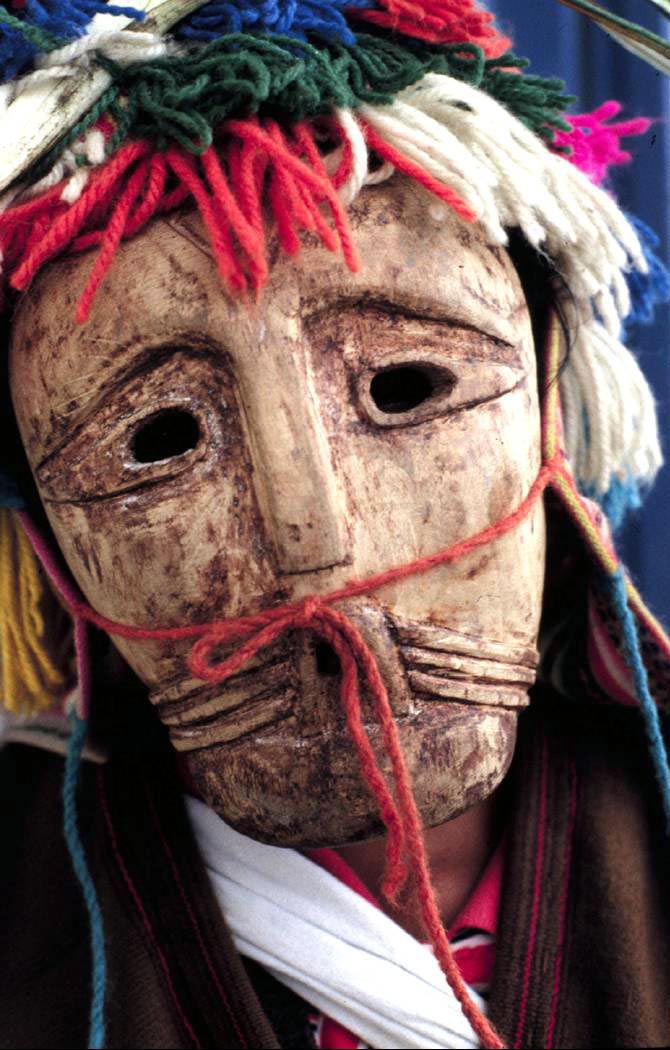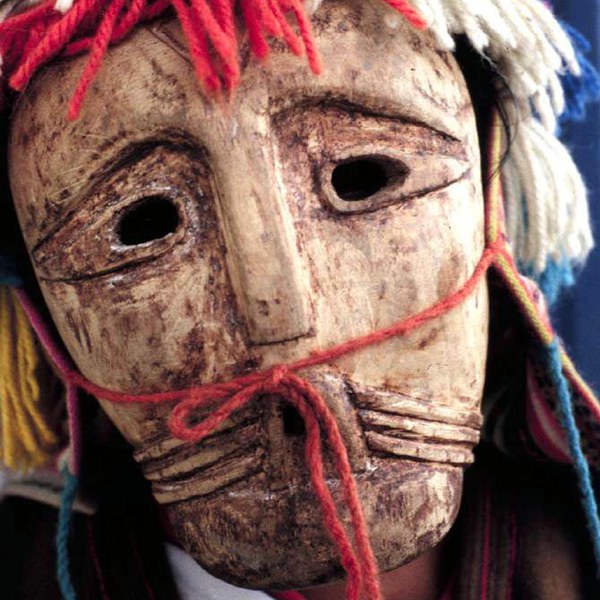The Huarochirí Manuscript (1608?) is the only known source that explains Peru’s pre-Christian rites and myths in an Andean language. It is anonymous, and it assumes deep local knowledge of a segmented agropastoral society that was opaque to its 17th-century persecutors. The texts thus seem to speak from very far. Yet long ethnographic perspective showed—in the later 20th century—livelihood still turning on a very old dramatic axis. In Tupicocha—a village descended from the Manuscript’s protagonist lineage—a bony couple from the Inka age kindly acknowledges community homage as people ascend high lake basins to request irrigation. But at the onset of rains, the Ancients send sacred clowns, the “hunchback” heralds of rain, to spoof human society. They trash the very reverences that modern humans offer pre-Hispanic beings. And yet, by a maneuver of kinship affection and hierarchical tension, life with water is made to start again. In honoring differences among unspoken philosophies, scholars sometimes err on the side of distancing. Perhaps ontologically foreign entities do live in the Quechua texts. But performing life with ruined mummies as comedy drives a universal emotional discharge. One need not undergo difficult intellectual conversions to feel the limits of human agency: a flop, an ironic reversal, a laughable surprise, a laughable regret. The world of the ancient Huarochiranos is not necessarily all that far away.
Frank Salomon, ethnographer and ethnohistorian of the Andes, is the author of At the Mountains’ Altar: Anthropology of Religion in an Andean Community (2017) as well as other books including The Huarochiri Manuscript, a Testament of Ancient and Colonial Andean Religion (1991), the Cambridge History of the Native Peoples of the Americas—South America (1999), The Cord Keepers (2004), and a forthcoming book on the Quechua-language songs of Rapaz village. A past president of the American Society for Ethnohistory, he has held NSF, Guggenheim, SAR, and NSF fellowships. He received the 2018 Lifetime Achievement Award of the American Society for Ethnohistory.

